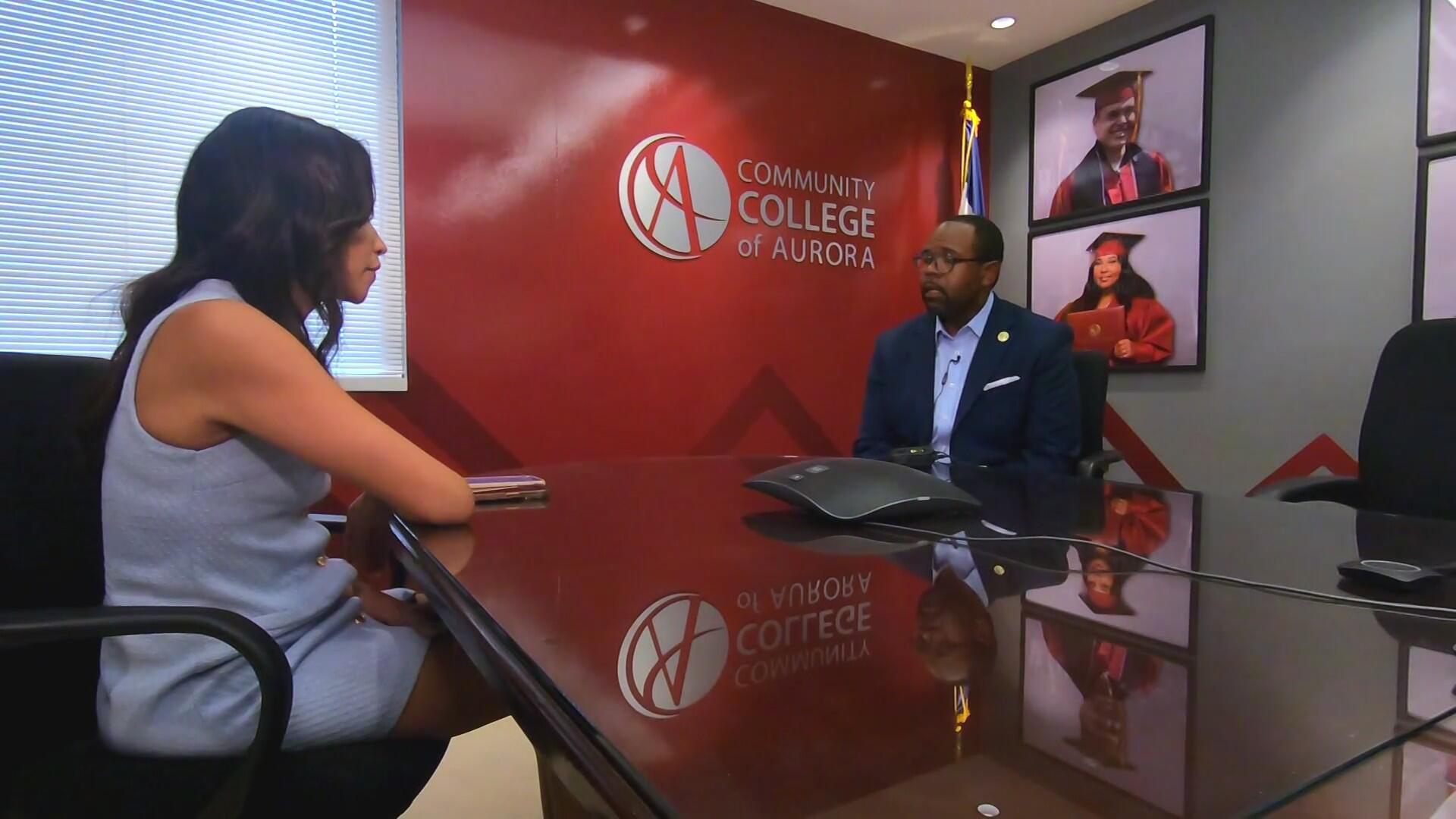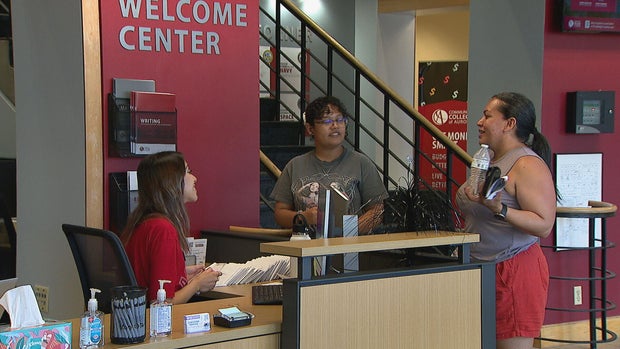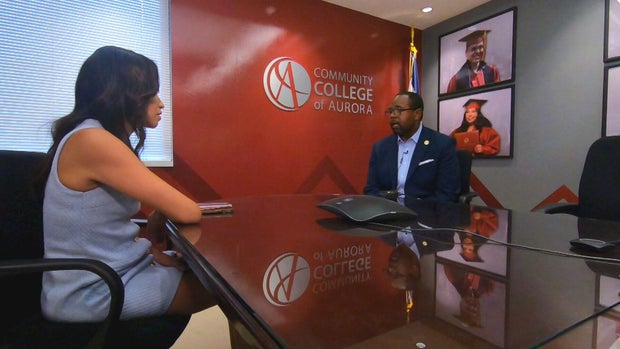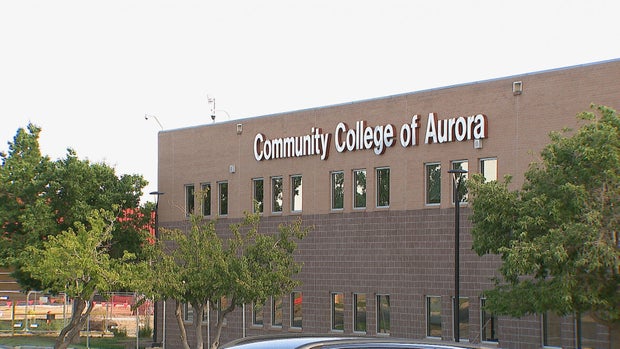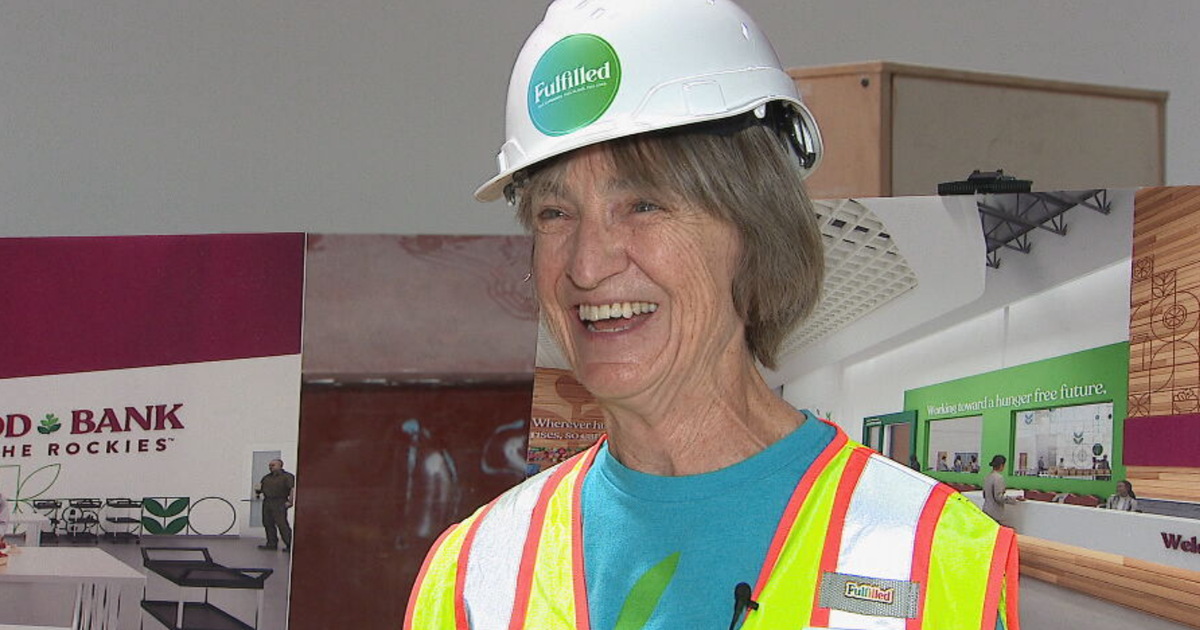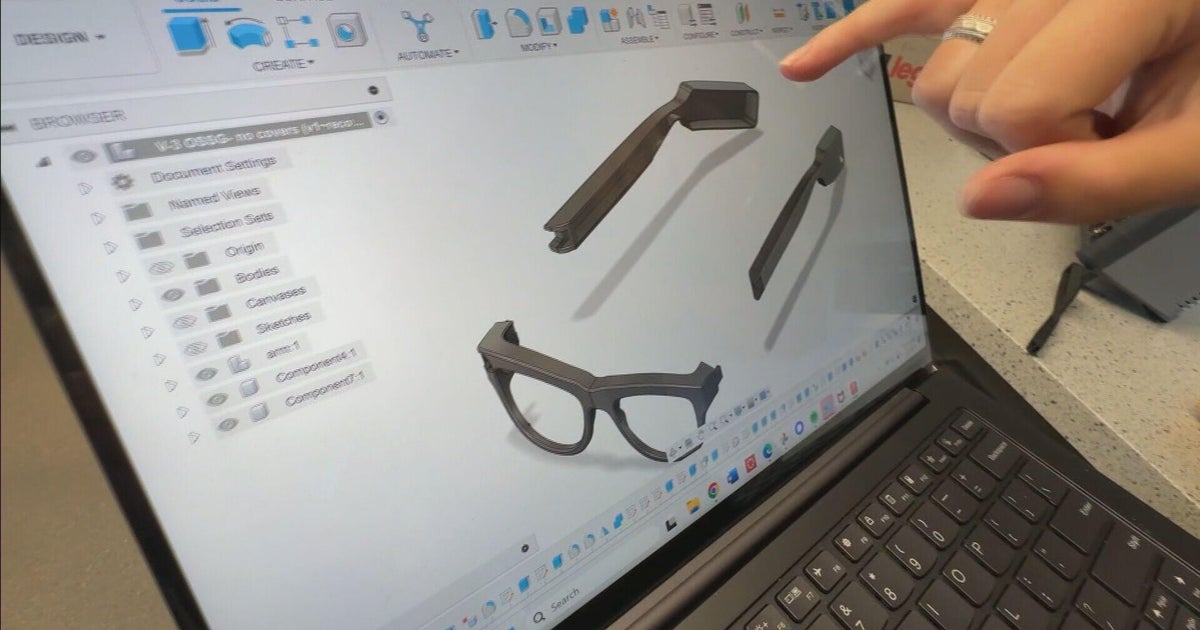Community College of Aurora expands crisis grants as students face uncertainty
More than half of the students at the Community College of Aurora are struggling with food or housing insecurity. With some federal programs shrinking, school leaders are racing to meet their students' needs before they're left with no choice but to drop out.
CCA President Dr. Mordecai Brownlee said roughly 60% of students are experiencing some form of housing instability, and 50% are facing food insecurity, numbers that reflect the high cost of living and the often invisible struggles students carry outside the classroom.
"All of those serve as a barrier to not only their livelihoods," Brownlee said, "but certainly the pursuit of dreams."
CCA is expanding its crisis grant program - emergency funds for students facing unexpected hardships like a car repair, utility shutoff, or rent payment. In total, the CCA Foundation provides more than $60,000 in emergency aid annually, and now, a new $10,000 grant from NASPA is allowing the college to help even more students.
"It is a never-ending cycle of poverty," Brownlee said. "And we have a moral and ethical obligation as educators, especially serving in these times, to continue to find creative and new ways to serve the needs of our students."
CCA was one of just five colleges selected to receive the NASPA funding, a nod to the college's strong student support systems and diverse student population. More than 67% of CCA students are students of color, and 55% are the first in their family to attend college. Students come from over 60 countries.
"As we think about America's shifting demographics… You have to think about the Community College of Aurora," Brownlee said. "We serve as an engine for economic mobility and really the dream of what it means to pursue education in this country."
The grant funding goes beyond handing out money. Students are case-managed through CCA's Student Success division, with support from financial literacy staff to make sure emergency funds go to critical needs like transportation, utilities, or internet access. In some cases, staff walk students directly to help.
"I've had students walk into the office saying, 'I need help.' We walk them right over," Brownlee said.
Brownlee says the support offered at CCA ripples far beyond its classrooms, impacting the city of Aurora, the state, and the broader workforce.
"We should care for our neighbors. We should care that people are working hard and they may have hardships. But together, we can rise," he said.
With more than 60% of students enrolled in concurrent high school programs, CCA is also watching closely how K-12 federal budget cuts might impact transportation and course offerings.
Meanwhile, Brownlee and his team are continuing conversations with industry partners, aiming to connect students not just to diplomas, but to careers.
"It's not just about educating them," he said. "It's about placing them. We have students without a professional network, and it's our responsibility to help them get where they want to go."

